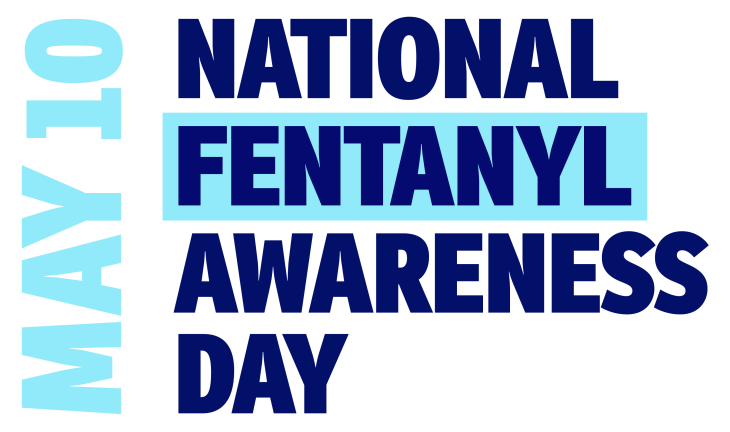
For the first time in our nation’s history, we recognize National Fentanyl Awareness Day on May 10th. The Drug Enforcement Agency (DEA) announced the new day of recognition in honor of the efforts seen in communities across the country as they work to save lives and fight the opioid epidemic.
National Fentanyl Awareness Day
In partnership with multiple public health, non-profit, and law enforcement agencies, everyone is encouraged to do their part to help prevent opioid overdoses by spreading awareness of the growing fentanyl public health crisis. In order to overcome the staggering death toll attached to fentanyl, we must continue sharing information to combat future overdoses while supporting members of our communities who continue to struggle with addiction.
To commemorate the first National Fentanyl Awareness Day, the DEA released a video announcement from Administrator Anne Milgram who stressed the dangers of fentanyl and the need for urgent action:
“Fentanyl is killing Americans at unprecedented rates,” said Milgram. “On this first-ever National Fentanyl Awareness Day, please help save lives by making sure you talk with your friends and family about the dangers of this deadly drug.”
The Facts About Fentanyl
Fentanyl is a synthetic opioid that’s approximately 50 times stronger than heroin and 100 times stronger than morphine. It’s cheap to buy on the black market, widely available, and highly addictive. Drug traffickers typically distribute fentanyl by the kilogram. And one kilogram of fentanyl has the potential to kill an astounding 500,000 people.
Just two milligrams of fentanyl can be lethal, depending on a person’s body size, tolerance, and past use of the drug. According to DEA analysis, counterfeit pills sold on the street commonly contain amounts of fentanyl ranging from .02 to 5.1 milligrams (more than twice the lethal dose). And a whopping 42 percent of black market pills tested contained at least 2 mg of fentanyl.
To make matters worse, most drug dealers now mix fentanyl with other drugs — in both powder and pill form — to increase the weight of their products, boost addiction rates, and quickly create repeat customers. Most of the people suffering fatal overdoses don’t even realize they’re taking fentanyl.
The Centers for Disease Control and Prevention (CDC) estimates that nearly 107,000 people died as the result of a drug overdose during a 12-month period ending November 2021. Sixty-six percent of overdose deaths involved synthetic opioids such as fentanyl.

